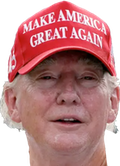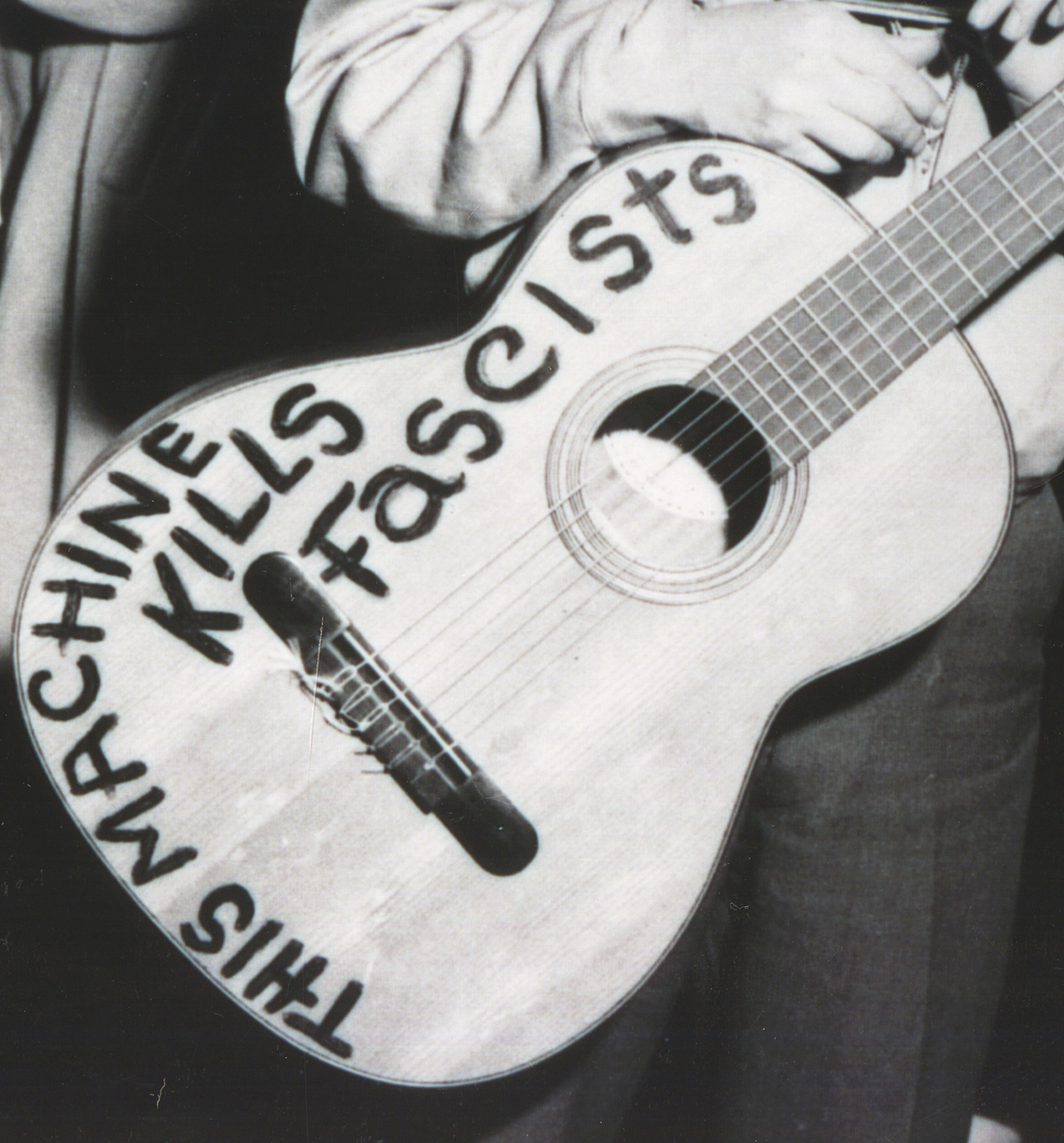Foreign Affairs Minister Mélanie Joly says Canada has been considering a “game plan” for how it would respond if the United States takes a far-right, authoritarian shift after next year’s presidential election.
“We are certainly working on scenarios,” Joly said in French during an interview with a Montreal radio station Wednesday.
Joly added that Ottawa’s close political and economic ties to the U.S. mean that “we must certainly prepare several scenarios.”
She suggested Canada has a game plan in mind but wouldn’t get into details.
“In general, there is our game plan, precisely to be able to manage what could be a rather difficult situation,” she said.
“I will work with my colleagues and with the mayors, the provincial premiers, with the business community, with the unions, with everyone in the country, so that we are ready regardless of the election outcome.”
Joly drew an analogy to her government’s experience working with the administration of former U.S. president Donald Trump, which sought to limit long-established trade in crucial sectors.
Trump is again running for the Republican nomination in next November’s election, and has promised “retribution” against his opponents and civil servants.


Full Article here
The U.S. embassy in Ottawa declined to comment on Joly’s remarks.
University of Ottawa national security professor Thomas Juneau said many Canadians might find it far-fetched to talk about Washington falling drastically out of step with Canada.
But there has been an extreme rise in global volatility in recent years, he said in a Thursday interview.
“What would have been extremely far-fetched scenarios maybe 10 years ago, today are not impossible anymore,” he said.
Juneau said Canada could face the prospect of political refugees, economic protectionism in one of the largest trading relationships in the world and a shock to Ottawa’s reliance on the U.S. for intelligence-sharing and scientific co-operation.
Those factors don’t include missile defence and military protection.
“If an increasingly authoritarian U.S. is increasingly unilateral and dismissive of traditional alliances like NATO or arrangements like NORAD, how does that damage our security?” Juneau asked.
He said another question mark hovers over the prospect of American intervention in Canadian democratic processes. Far-right politicians in the U.S. voiced support for the “Freedom Convoy” protests in 2022.
Conversation is ‘very sensitive’: Juneau
Texas Attorney General Ken Paxton and Florida Gov. Ron DeSantis, who is now running against Trump for the Republican presidential nomination, both fought against attempts to prevent Americans from donating to convoy protesters.
In September 2021, the Liberals promised a to create a “Canadian centre for global democracy” to shore up like-minded countries in age of rising authoritarianism. The project has not yet been launched.
Juneau said he hasn’t heard of other countries saying publicly that they have contingency plans if Uncle Sam takes an authoritarian turn.
“This is very sensitive for any democratic ally of the U.S.,” he said. “My guess is that any ally will be very, very discreet about this.”
Generally, Canada’s allies have used language focused on the risks of America withdrawing from the world stage.
France’s ambassador to Canada said last April that closer ties between Ottawa and Europe could protect both from Washington pulling inward.
“This nagging question of the future American commitment offers, in any case more than ever, the opportunity for Europe, France and Canada to play a role together,” Michel Miraillet said in French at the Montreal Council on Foreign Relations.
He cited the Iraq war, Barack Obama’s Democratic administration opting against intervening in Syria, the limited pushback to Russia’s 2014 takeover of Ukraine’s Crimea region and the chaotic U.S. exit from Afghanistan.
“The withdrawal from the world stage, initiated under Obama and amplified under Trump, has proved disastrous, as it created a vacuum quickly filled by the rival powers and opened a field of expansion for Russia,” Miraillet said at the time.
Joly drew an analogy to her government’s experience working with the administration of former U.S. president Donald Trump, which sought to limit long-established trade in crucial sectors.
lmao they aren’t worried about anything except that a shift might upset the status quo trade and business relationships. The US could start rounding up people and putting them into camps and Canada would be fine as long as they got an opportunity to sell them the building materials.
Fuck kkklanada, but there also isn’t much they could do. They’re 1/10th the population of the us, with low population density spread across one of the longest land borders in the world.
I’m Canadian, trust me, I am well aware of how little we can do about the US. I’m just chuckling about the focus of the statement.
KKKanada is equally as fascist as Amerikkka, nothing they should do
saying it in french has the energy of parents spelling words in front of the toddlers when they don’t want them to figure out what’s being said
Canada being a neoliberal capitalist dystopia as well will just follow suit. We can’t escape the contradictions just because we’re not Amerika.
Canada’s Plan:

Saying this as though the US hasn’t been a far-right authoritarian state since its inception. Also your deputy PM is a banderite lmao.
Im going to be honest Canada, if 2 of those scenarios arent military intervention or embargo you might as well do nothing
They really couldn’t do either of those things. I’d imagine they’d take a hardline stance if the next administration attempts any of that stupid trade war shit trump tried and make no concessions.
If trump wins you know they are gonna try to strong arm the canadians and mexicans again to get a TMEC that favors US companies over canada or mexico.
I dont think any diplomatic discussion can be had with them unless canada and mexico are at least willing to go the economic sanctions route if no agreement can be made
I don’t think that’s feasible. The US has the enormous economy, military, and hand on the throat of international finance to pull off sanctions. If Mexico or Canada tried anything, aside from the small but real risk of the US bombing them their cities, the US could likely freeze their accounts, counter-sanction their oligarchy, and generall do much more harm to them than. They would do to the US.
I agree, they shouldn’t give an inch to such tactics. The economic fallout will hit the US just as much, if not more. History has shown appeasement doesn’t work, more demands will always follow.
I agree that fascism can only be defeated militarily, but do you really think Canada’s military can win that?
It doesn’t have a chance, in my opinion.
Not gonna lie if Canada tomorrow sent troops over the border and occupied DC I think it’d start a civil war as at least a third of the country would support it, so I do think they’d have a chance it’d just likely destroy Canada in the process
Poutine…putin…bot😤 America always winz
deleted by creator
 let that plan involve invasion and white house burnings
let that plan involve invasion and white house burningsdeleted by creator
lmaooooo
“If”
It’s been a settler colonial fascist state for 250 years hombre, just like you
I mean, having plans in place for things like the US devolving into fascism or civil war sounds like a pretty important job for the Canadian Foreign Affairs Minister to do.
That’s one of those jobs where the whole point is planning for unlikely scenarios that would be really bad, like an influx of American refugees that would likely quickly outnumber your current population
Working on plans to copy us.
Canada already has a blackface PM.
The US already is far-right and its allies, including Canada followed along happily like the racist little sheep they are.








